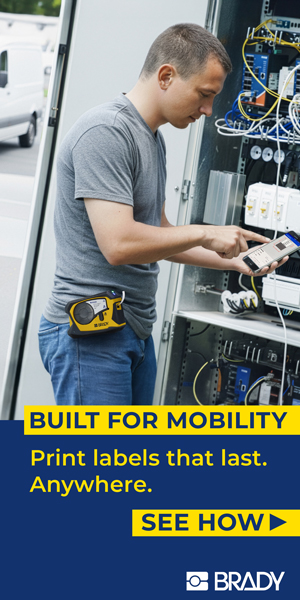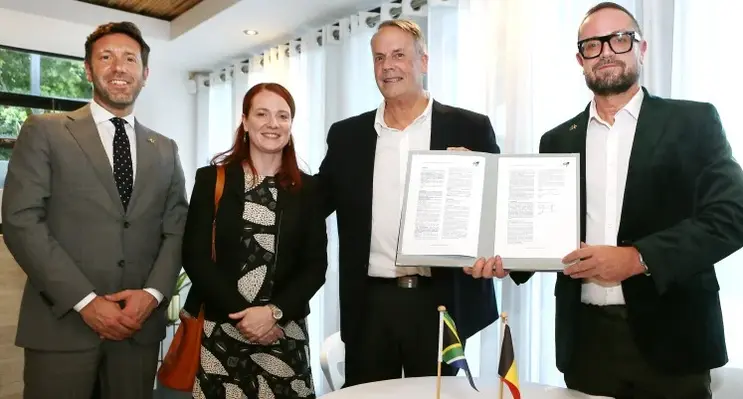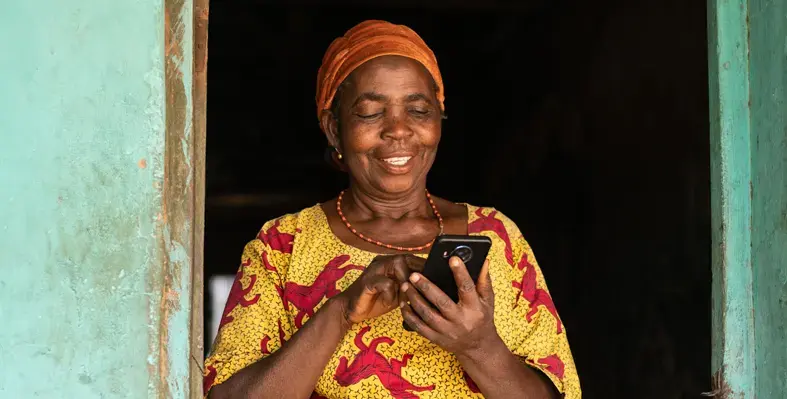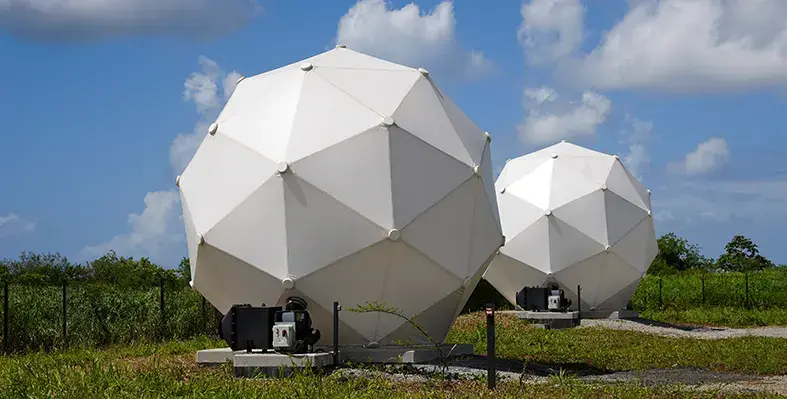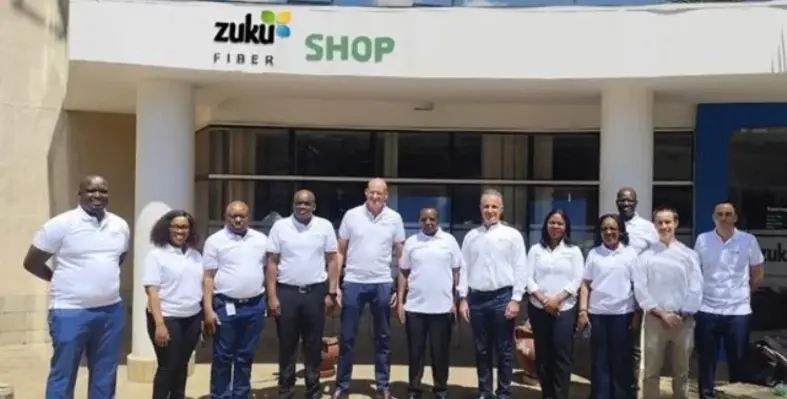Arguably the biggest growth market on the planet, the continent of Africa represents a huge opportunity - and a challenge - for IT businesses across the board, including the specialist power suppliers that guarantee operations at vital data centres. Martin Clark reports
Indeed, the evolution of data centres supporting Africa’s economic revival underscores an increased maturity to this market, albeit one in which growth remains very uneven.
Wealthier and more sophisticated economies, such as South Africa, tower ahead of many less developed markets in the central, interior regions.
But, of course, data centre reliability hinges on the provision of critical power services wherever you are in the world.
In the 24/7, ‘always on’ global economy, resilient power is a prerequisite for performance.

Key players in this niche include the likes of Flexenclosure, Cummins, Eaton Corporation, ABB and Schneider Electric, among many others, all unsung heroes in keeping Africa’s digital economy ticking over.
What’s certain for these and other companies is that the appetite for investment in the continent’s data economy is on the up.
That’s driven by rising growth, stabilising governments and a surging population.
Africa’s most populous state, Nigeria, for instance, is expected to see its numbers swell from 190mn now to around 300mn by 2050.
Add to that the fact that the continent has leapfrogged technology and gone straight to mobile, plus inward eastern investment - from the likes of India and China - and all the ingredients you need to guarantee fill rates for data centres are in place.
Spending on data centres, connectivity via subsea cables and dark fibre, cloud, IT investment, risk and the availability of funding, are all issues of the day - as is energy supply, which continues to evolve to better meet the needs of Africa’s data companies.
Hybrid power
One leading player, Flexenclosure, recently announced its entry into what marks its 21st African market, with a new eCentre data centre order in Ethiopia from ERP Software Technologies (ERPST).
Its turnkey prefabricated eCentre data centres and eSite hybrid power systems for offgrid and bad-grid cell sites have made the company a preferred supplier to the regional market, with thousands of installations in place already.

The eCentres will house servers and software to manage and run the activities of the Ethiopian Railway Corporation (ERC) as it expands its rail network across the country. ERPST is a member of a consortium implementing a major IT infrastructure deployment for ERC.
After construction of the data centre modules at Flexenclosure’s Swedish factory, deployment will take place at two separate sites in Addis Ababa later this year.
Flexenclosure unveiled its innovative eSite x10 system - which it calls “the future of hybrid power” - in 2016. It calls it the world’s first hybrid power system purpose-built for outdoor telecom sites and to outdoor telecom standards.
The system is a patented, sealed, tamperproof unit with passive convection cooling, no filters, no moving parts and requires no maintenance.
According to the company’s chief executive, David King, until now, hybrid power systems for off-grid or bad-grid telecom sites had been built using indoor components and deployed in outdoor locations where they were exposed to the most challenging environmental extremes.
He says such systems weren’t fit for purpose and were therefore unreliable. The constant flow of data is the lifeblood of today's information-based economy, therefore data centre facilities require reliable on-site power to ensure uninterrupted access to this critical data.
To read the rest of the story, click below to access to e-issue of Communications Africa.




